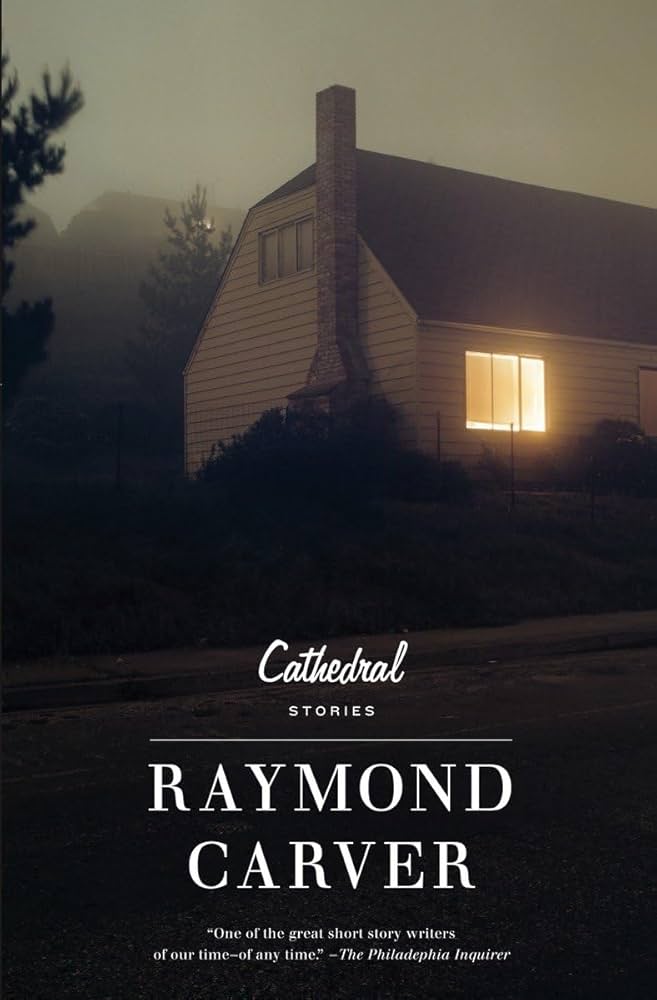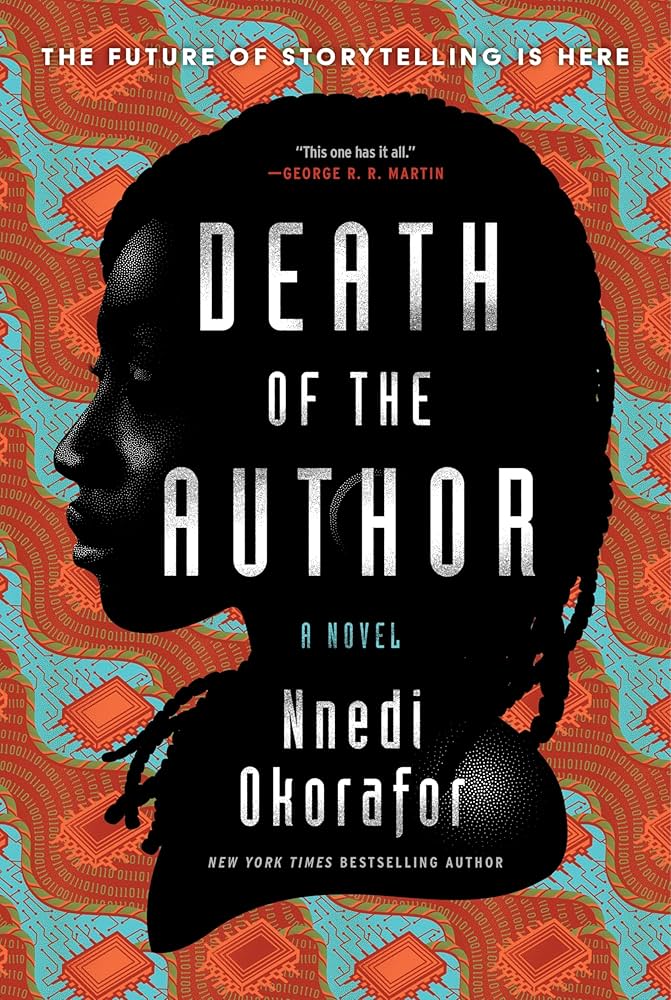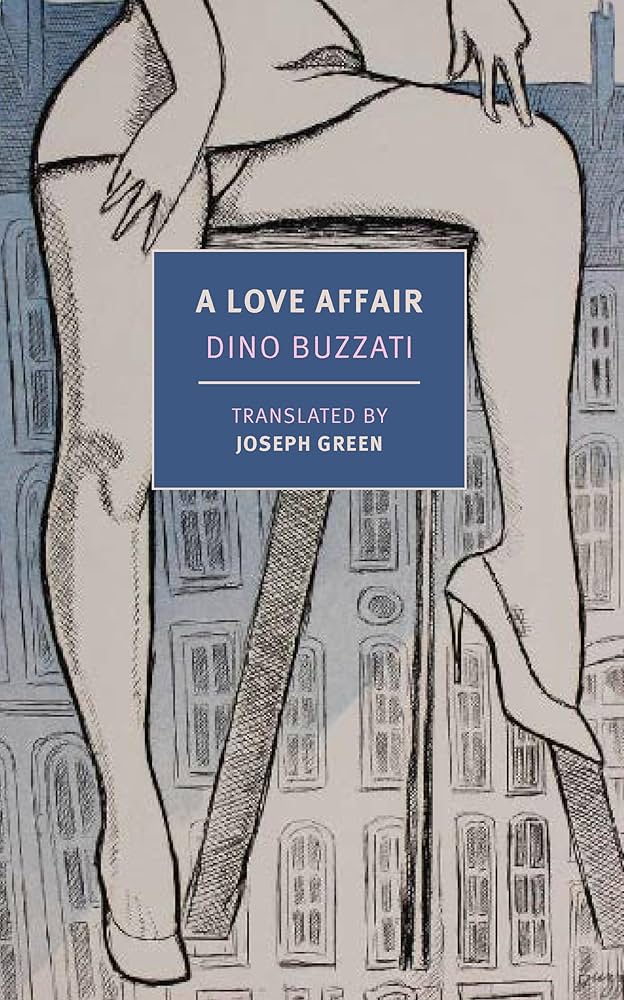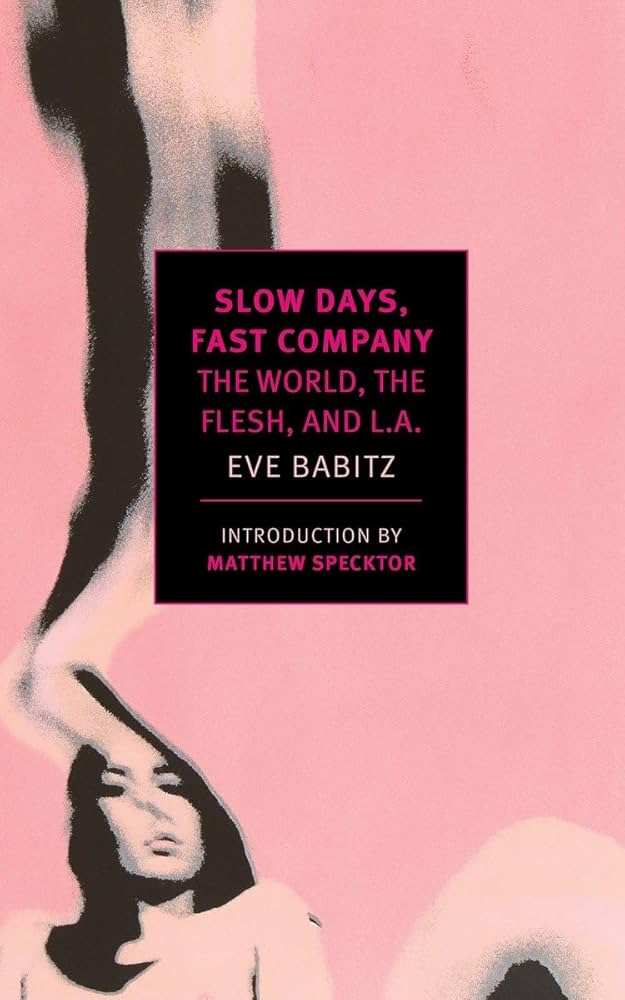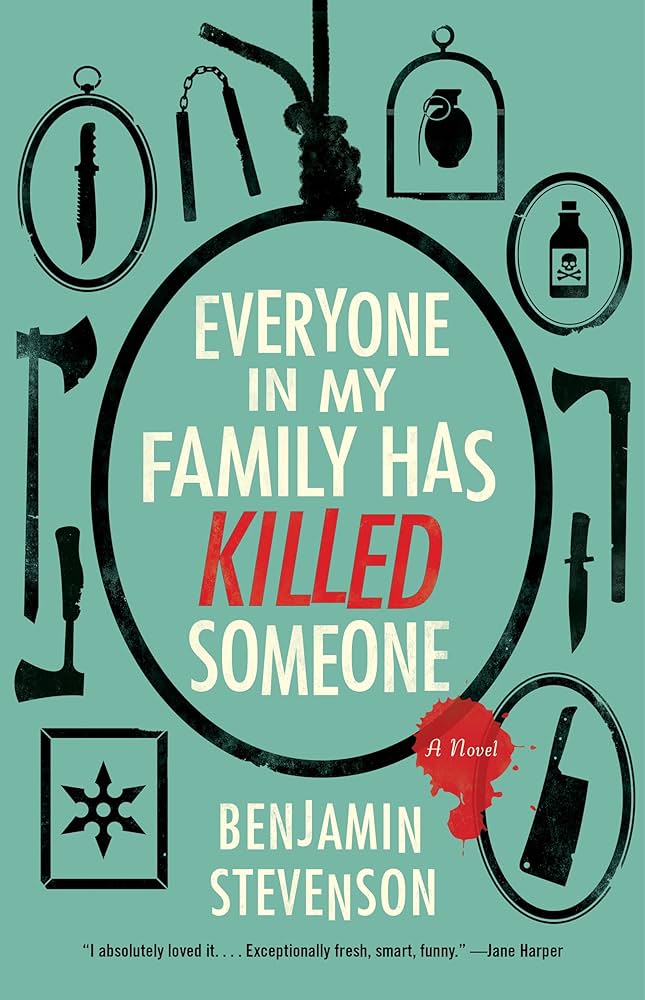Until this year I knew pretty much nothing about Raymond Carver. Then in April I read What We Talk About When We Talk About Love, and it hasn’t left me alone. Carver’s writing about mundane and everyday people is, well, I don’t want to use the word intoxicating, because, well. Anyway.
Cathedral is more of the same, and I mean that as a positive. It won the Pulitzer. This is a collection of 12 stories that mostly deal with regular people in rough situations — people just going through it. You get the feeling that these stories could be about the person next to you in line at the grocery store, or the parents of your kid’s best friend, or a someone you went to high school with. Carver had a way of making these people and their stories feel important and profound, while writing in short, direct, almost terse language. The stories are short and usually tragic.
There are two things that anyone who has read Carver knows: he was an alcoholic and died young, and that his relationship with editor Gordon Lish might be what made him a success, but it was ugly.
Cathedral is the first collection that Lish didn’t have a heavy hand in, and I’m not sure it’s apparent. The stories are generally less ambiguous than the stories in What We Talk About When We Talk About Love, but they don’t feel overweight. “A Small, Good Thing” is an expanded version of one of the stories in that collection, about the parents of a child who is hit by a car on his birthday, and forget to pick up the cake they ordered. The concreteness and completeness of this version of the story improved it, and the episode at the end of the story where the parents and baker meet was poignant and impactful.
Overall though, it’s familiar territory: people with drinking problems, failed or failing relationships, trying to dig themselves out of an ugly situation of their own doing.
I learned a lot about Carver’s own story from Leslie Jamison’s The Recovering, though his story has been widely told. And while his writing often gets compared to Hemingway or Cheever, I think he shares a lot with Carson McCullers too – both of them wrote about misfits and regular people with terrible luck, and in both cases, they were writing mostly about themselves.
There’s a well-regarded biography of Carver that was published in 2009. Expect to see something about that here soon.

